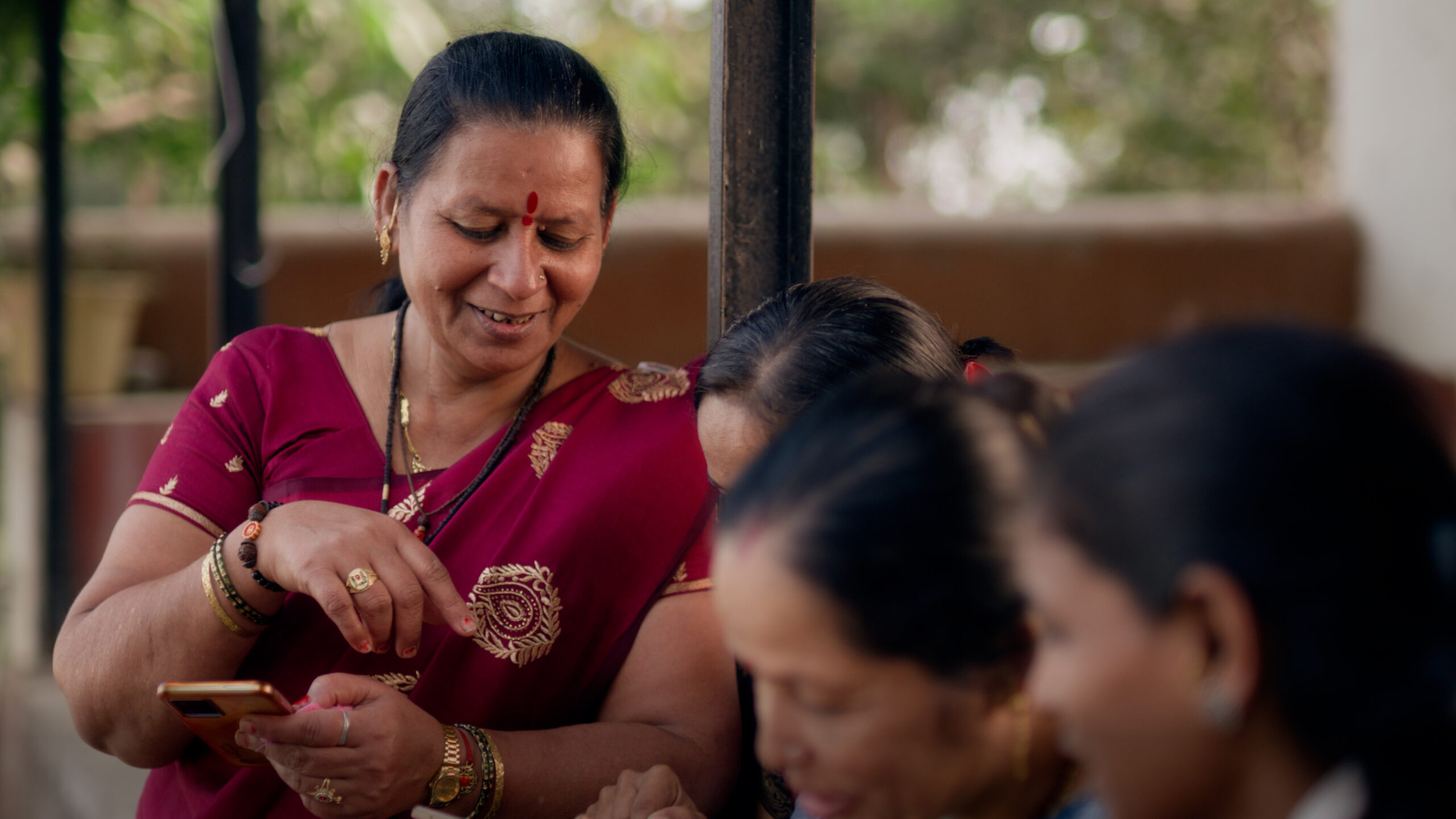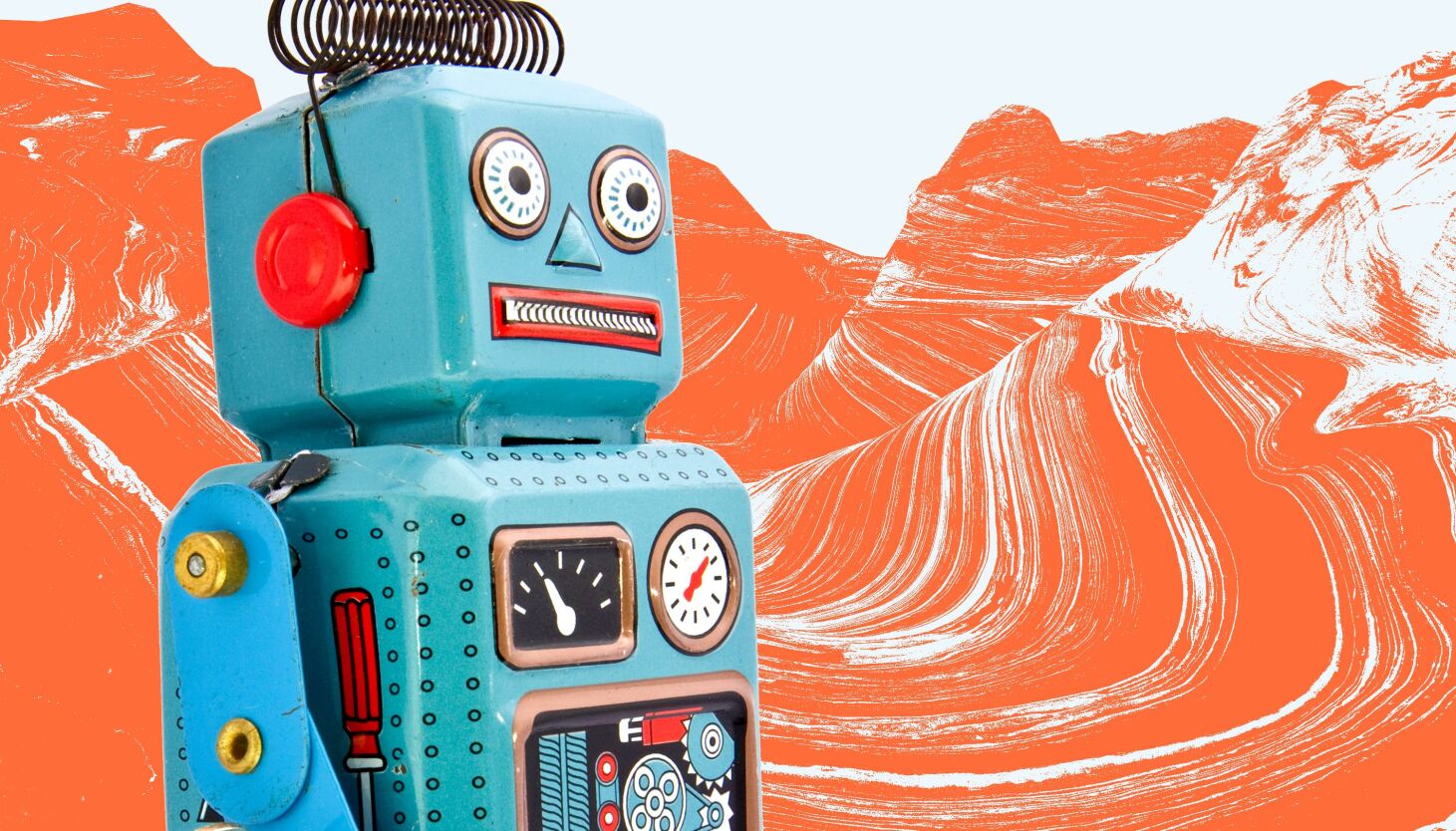“At Microsoft, the goal is to empower the entire planet, right? And more than half of the global population utilizes languages other than English.”
Bali explains that AI has significantly accelerated the process of language preservation and its integration into large language models (LLMs). This advancement is valuable not only for developing online and AI tools but also for safeguarding endangered or less commonly spoken languages.
The rapid development of tools like copilots is a notable shift. Bali notes, “Previously, language preservation initiatives spanned decades. Now, these efforts can be condensed into months.”
Karya, aiming to engage with over 100,000 workers by the end of 2024, targets individuals in need of work and education, particularly women in rural areas. Apart from offering competitive wages, the organization provides training and additional support upon task completion.
‘Leveraging Technology to Fulfill People’s Aspirations’
Chopra, raised in a Delhi basti (informal settlement), reflects on the disparities he observed growing up, which influenced his pursuit of computer science and AI studies at Stanford University. Returning to India, he realized the widespread determination to overcome poverty, acquire new skills, and leverage technology to amplify personal ambitions.
The 11-day pilot project undertaken by Bokale aimed to combine data input tasks with educational components. While earning a significant income, participants also gained insights into financial management, enhancing their understanding of utilizing financial tools effectively.
The serialized story format, focusing on two sisters, allowed workers to immerse themselves in spoken Marathi. Bokale shares, “The story resonated with us. It depicted common individuals striving daily, facing challenges in saving money.”
Safiya Husain, Karya’s chief impact officer, highlights the success of the story format, with participants sharing the narrative with their families and friends.
 Safiya Husain, the chief impact officer of Karya. Photo by Chris Welsch for Microsoft.
Safiya Husain, the chief impact officer of Karya. Photo by Chris Welsch for Microsoft.
Workers not only completed tasks but also engaged in educational activities. Husain mentions, “By integrating work with education, we aimed to value our workers’ time and contributions beyond monetary compensation.”
She envisions many workers transitioning into different roles within Karya, fostering a tech-driven environment accessible to all communities.
Kalika Bali, the Microsoft researcher, underscores Karya’s success in involving entire communities in its initiatives. With a predominantly female workforce, Karya strives to overcome additional hurdles women face in joining such projects.
Bali emphasizes the trust Karya has built within communities, particularly with women. She notes the platform’s engagement and connection with the communities it serves.
In Pune, Bokale, fondly known as Baby Tai, operates a financial network with local women, facilitating savings pooling and financial support for various purposes.
 From left, Parvati Kemble, Surekha Sanjay Gaikwad, and Baby Rajaram Bokale discussing their self-help banking group in the Kharadi neighborhood of Pune, India. Photo by Chris Welsch for Microsoft.
From left, Parvati Kemble, Surekha Sanjay Gaikwad, and Baby Rajaram Bokale discussing their self-help banking group in the Kharadi neighborhood of Pune, India. Photo by Chris Welsch for Microsoft.
Surekha Sanjay Gaikwad, one of Bokale’s neighbors, operates a grocery store and participates in reading Marathi content for Karya. She appreciates the convenience of working from home and values the educational aspect of the tasks.
Several women, including Meena Jadhav, utilized the earnings for personal and professional development, showcasing the impact of combining work with financial education. The newfound knowledge empowered them to make informed financial decisions and explore further opportunities.
The women involved in the pilot project not only enjoyed the work but also found the financial planning insights and online tools beneficial. Bokale highlights the added advantage of women discovering new opportunities through smartphone usage.
Baby Rajaram Bokale with some of the women in her informal investment group. By recording and writing Marathi in their smartphones they helped create datasets to be used to create AI language models.










